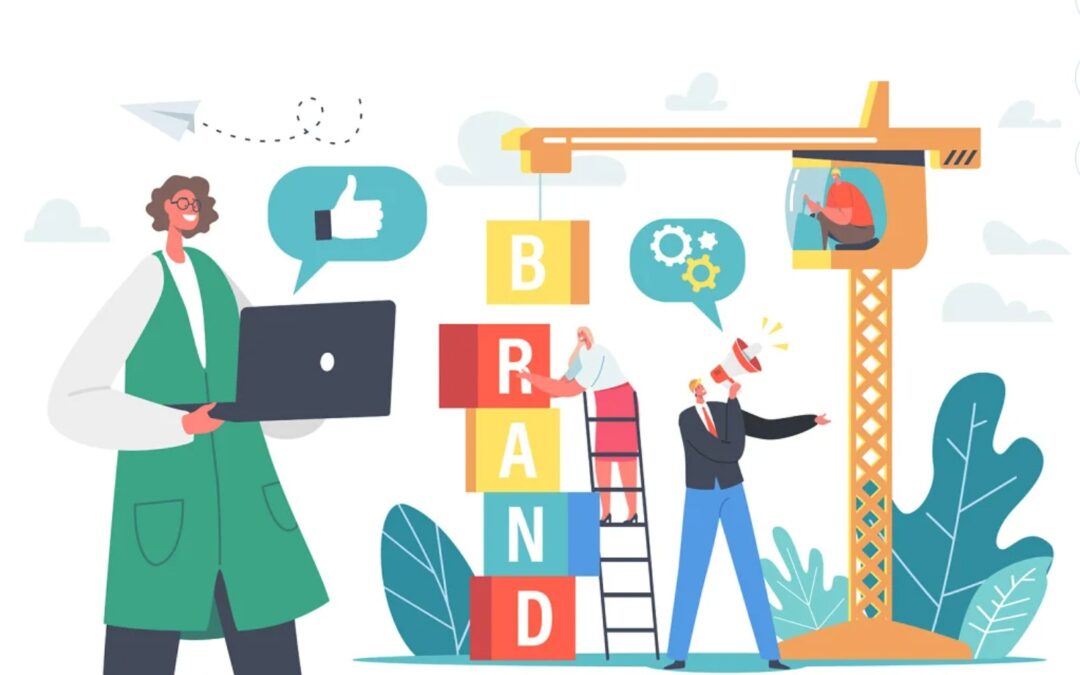SheSupplies’ mission is to empower organizations to create fair and sustainable supply chains that promote gender equality, diversity and inclusion. Applying a gender lens to sourcing and procurement practices, in order to create and maintain an ethical supply chain with fair treatment for everyone. There are four main benefits to adding a gender lens to your sourcing and procurement practices. It is better for business, complying with rules and regulations, sustainability and reputation and brand image. More information about the four benefits of adding a gender lens to supply chain practices can be found in a previous blog, here. For the focus of this blog, reputation and brand image relates to the growing pressure from key stakeholders, including customers, investors, and employees to uphold social and sustainability standards. These stakeholders increasingly expect companies to demonstrate ethical and responsible behavior throughout their operations, including their supply chains. Compliance with human rights, including gender equality, leads to enhanced interest of investors, increased customer trust and attracting and retaining talent. Therefore, companies are incentivized to proactively address human rights risks to meet stakeholder expectations and maintain their reputation. Gender equality boosts brand image and reputation for your company.
Gender equality in your supply chain is one of the key proponents in your Sustainable Development Goals. In addition, it fosters a brand image that employees and stakeholders can be proud of. Having proud and happy employees is a great contributing factor to a successful and sustainable business. When employees are positively inspired by their organization, they are more engaged in their jobs. Higher levels of workplace engagement, means that your business is able to retain talented and happy employees.
Some major companies have realised the power of their own brand image and reputation amongst their employees and consumers alike. Nike, the major sporting and shoe retailer, has made progressive steps in their brand image since its inception. Nike faced a lot of controversy, particularly in the 1990s, due to its use of unethical labor in production. Nike became synonymous with child labor, and the public pressure for reform was mounting. By the late 1990s Nike invested millions into auditing their supply chain, enforcing more ethical labor policies on the factories which they procured from, and invested in rebranding themselves as a company committed to people and the planet. Whilst they still have a long way to go with their social and environmental impact, employing some ethical and sustainable policies into their supply chain, they have remained ahead in their industry.
The success of Nike’s products and business model is highly attractive to investors. Stakeholders can invest in a brand whose image attracts a conscious consumer base, retains staff and turns a massive profit. SheSupplies understands the value of reputation and brand image and encourages businesses to utilize the positive change that gender equality in your supply chain can bring. Caring about gender based issues in your sourcing and procurement practices can be hugely beneficial for how you are perceived by your consumers, stakeholders and employees.
Learn more about Nike’s impact:

